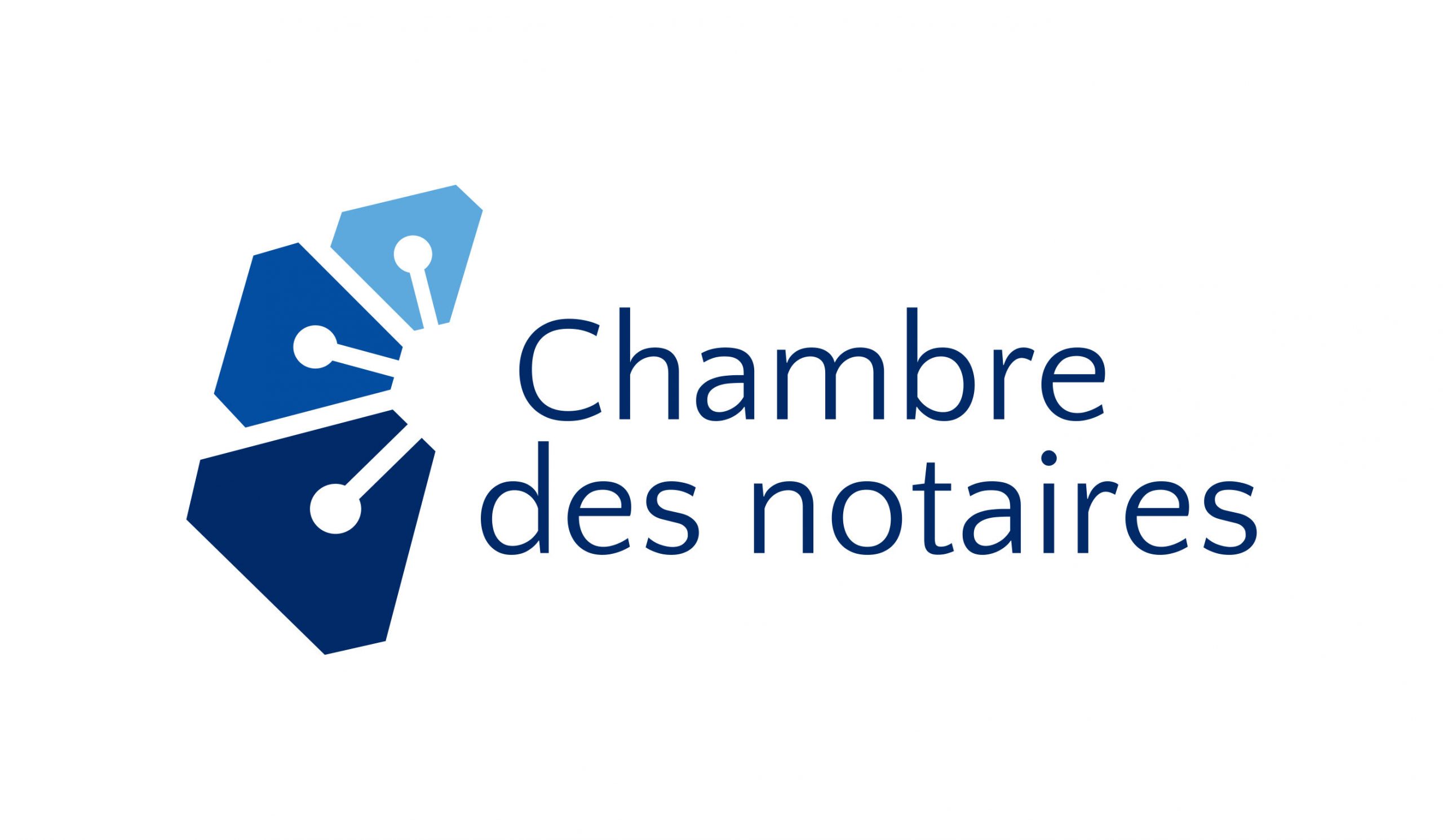

Some people think that the role of a notary in real estate law is simply to have documents signed when a property is bought or sold. Think again! The notary's intervention is crucial and helps protect your rights and your assets.
An expert in real estate law, the notary can advise you on many aspects of a transaction, for example :
- What are the different methods of financing your purchase?
- What clauses should be included in the offer to purchase?
- What agreements should be drawn up when the purchase is made by two or more people?
- What are the tax implications of the contract?
- What should you check before buying a condominium?
- What are the implications of co-ownership from the outset?
This professional will also inform you about :
- The importance of checking the certificate of location to avoid unpleasant surprises;
- Solutions for dealing with possible irregularities following title examination;
- Precautions to take to avoid legal construction mortgages when buying a new home;
- Drawing up and signing various documents, including the deed of sale and the mortgage deed.
First meeting
In addition to drawing up an estimate, the notary's first meeting with the client is the ideal opportunity to take stock of the situation and needs, in order to serve the best interests of all parties involved in the transaction.
This initial contact will enable the notary to take stock of the buyers' marital and financial situation (down payment, type of loan, etc.), and the type of transaction planned.
The notary also acts as an intermediary between the customer, his lender, the sellers, their own lender, and others involved in the property and transaction.
Information gathering
Depending on the answers received at the first meeting, the notary will follow up with the various parties and request all the supporting documents required for the transaction. It is the notary's responsibility to validate the identity of all parties to the transaction, because even if cases of fraud are rare, this verification is essential.
Analysis and verification
The notary must also analyze the offer to purchase and, if applicable, its appendices and the certificate of location issued by the land surveyor. This certificate describes the current state of the property. It contains the property plan and the surveyor's report.
The property has its own history and has most likely undergone changes over time: land division, construction, sale, mortgage, rights of way, inheritance, and so on. As a result, the notary will have to carry out rigorous work to validate the various chains of transactions linked to the property over the years. He or she will also have to ensure that all taxes due are paid, and see to the distribution of the current year's taxes and condo fees between seller and buyer.
If the sellers have taken out a mortgage to purchase the property and there is still a balance to pay, the notary will also ensure that it is repaid in full.
Drafting documents
Initially, the notary will call the buyers together for the first time, either in person or remotely, as the case may be, to sign the mortgage deed. This is when he can explain the financing clauses and their terms and conditions.
After this meeting, the notary will be responsible for publishing the mortgage in the Land Register of Quebec, the public service responsible for recording the history of real estate transactions.
It is also at this stage that the notary will receive and ensure that all the funds required for the purchase of the property are held in his trust account. The notary will verify the secure source of funds and their deposit in the trust account, to avoid real estate fraud.
The notary will then invite buyers and sellers to a second meeting to sign the deed of sale. It is the notary's responsibility to ascertain the identity of those present and their capacity to give free and informed consent. Although in the case of a sale, the notary is chosen by the buyer (unless otherwise agreed), he or she nevertheless works in the interests of both parties.
The notary will then publish the deed of sale in the Land Register of Quebec. Once the publication has been registered, the notary will ensure that there are no other transactions that could affect the title to the property.
Remittance of sums
It is only at this final stage that the notary can remit the sums due to the vendor. Before doing so, however, he must :
- repay the balance of the seller's mortgage;
- pay broker's fees and other outstanding accounts related to the property, if any.
The notary must also obtain a document from the seller's lender, known as a discharge. This proves that the mortgage debt has been repaid in full, and enables the notary to obtain a definitive discharge, which he will publish in the Land Register.
Last but not least, the notary is also responsible for keeping the notarized documents he receives in perpetuity. He must also provide certified copies to both parties, or to their next of kin and heirs, when a request is sent to him.
Once all these formalities have been completed, it's time to organize your house-warming party!




